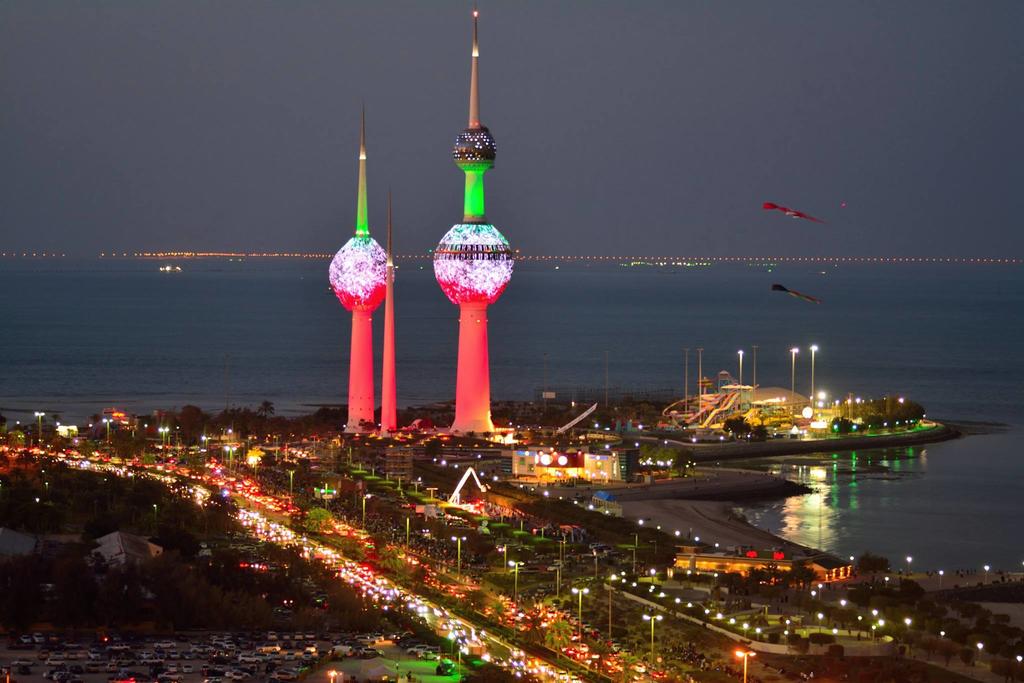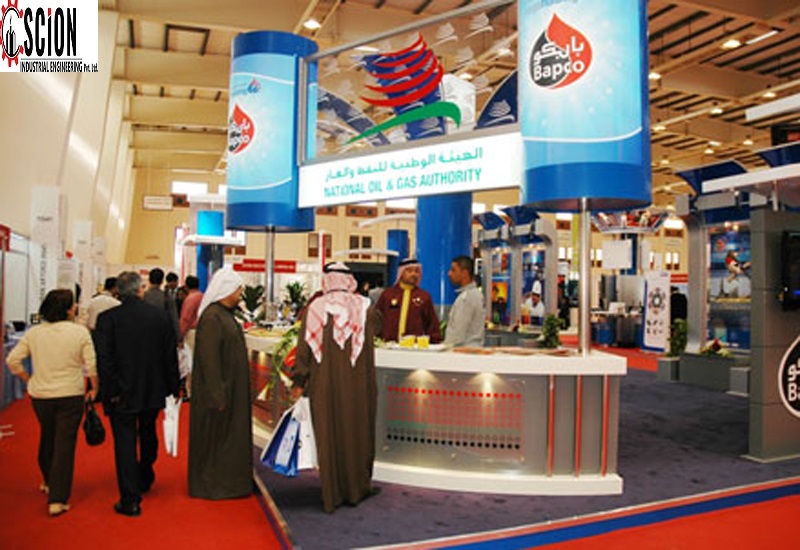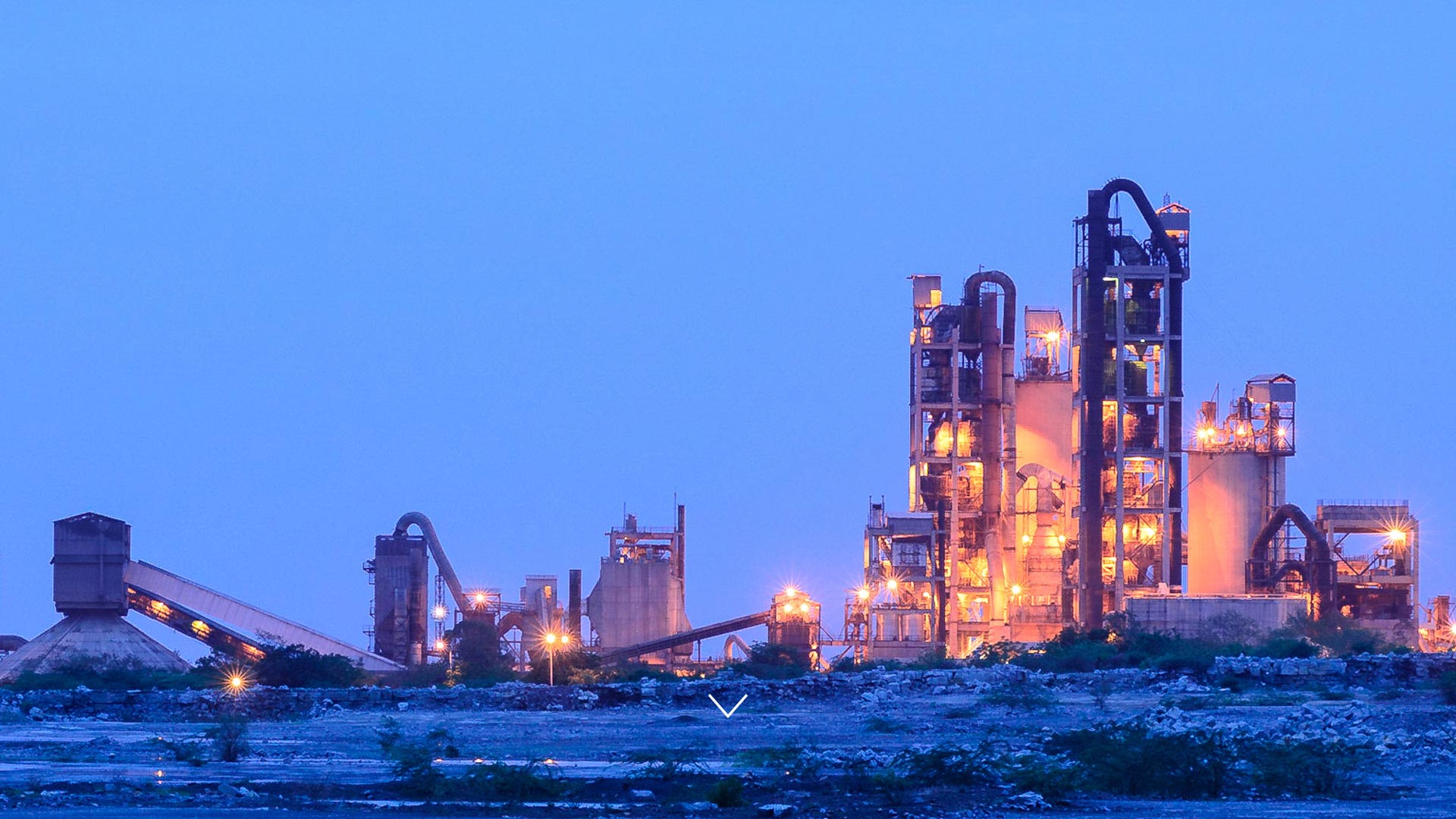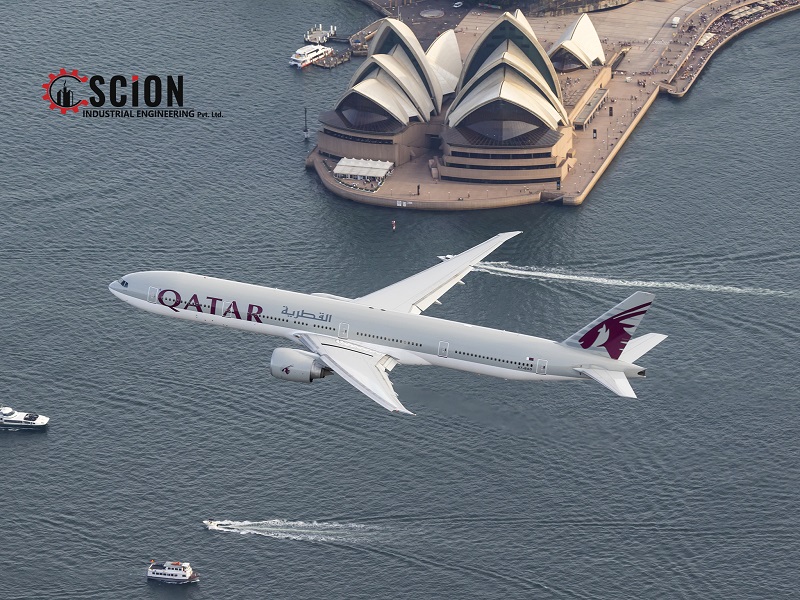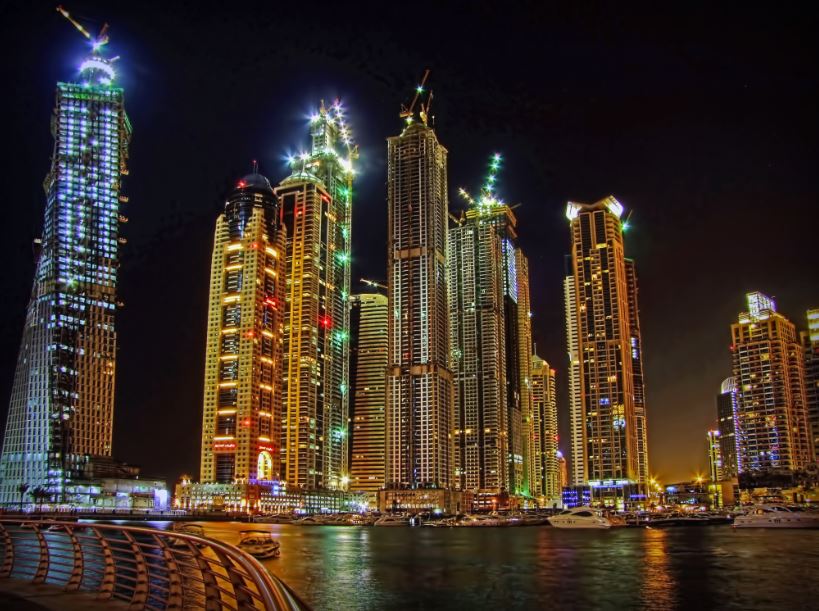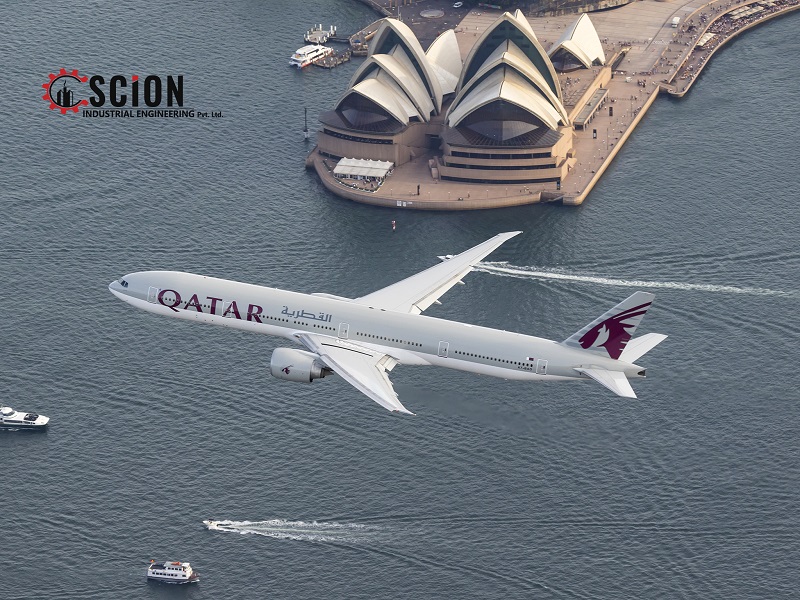Boeing Co. formally launched a freighter version of its 777X jetliner as Qatar Airways struck one of the largest cargo deals on record, giving the US planemaker an edge over longtime rival Airbus SE.
The Doha-based carrier placed a firm order for 34 of the 777-8 freighters plus options for an additional 16 jets, the companies said Monday. That total includes 20 jets converted from a previous order for a passenger version of the 777X. The outlines of the deal were first reported by Bloomberg last week.
Qatar also agreed to take 25 of the largest version of Boeing’s 737 Max narrowbody jet, with options for another 25 of the workhorse aircraft.
The blockbuster order bolsters Boeing’s decades-long strength in air freighters as Airbus, which is locked in a bitter feud with Qatar Air, tries to muscle into the market.
The deal also serves as a showcase of trade relations between the US and Qatar. The announcement came at a White House ceremony with Boeing Chief Executive Officer Dave Calhoun, Qatar Airways boss Akbar Al Baker and other officials that coincided with a meeting between Qatar’s ruling emir, Sheikh Tamim bin Hamad Al Thani, and US President Joe Biden.
“It will be an absolute world-beater,” Calhoun said of the freighter. “It will offer Qatar the highest payload and the lowest fuel costs.”
Boeing shares jumped 4.3 percent to $198.82 at 3:36 p.m. in New York, the largest gain on the Dow Jones Industrial Average. General Electric Co., which makes engines for the two plane models, rose 2 percent.
Boeing provided the first specifications for its newest freighter, including its market entry, which is targeted for 2027. The aircraft will be the world’s largest twin-engine cargo jet, with a range of 4,410 nautical miles and a maximum payload of 118 metric tonnes, Boeing said in a statement.
The plane is Boeing’s first new jet model since it unveiled the 737 Max 10 nearly five year ago. The 50-jet order represents two full years of production on the 777X assembly line, Calhoun said.
The launch comes as Airbus is trying to break Boeing’s longtime lock on air freighters with a cargo-hauling version of its A350 jetliner. Qatar Air’s CEO had pushed both airframers to step up with next-generation freighters before the airline flagged coating flaws with its fleet of A350 aircraft.
Tensions have escalated into a legal dispute, with Airbus revoking a contract for A321neo aircraft bound for Qatar Airways, an unusual step that underscored the friction between the company.
Qatar Airways also signed an order with GE for 30 GE9X engines for its 777X airplanes. The pact is valued more than $6.8 billion based on current list prices, and includes spares, services, maintenance and four GE90-115B engines, the US industrial giant said.
Source:https://www.arabianbusiness.com/industries/transport/boeing-wins-huge-qatar-airways-deal-in-blow-to-airbus

